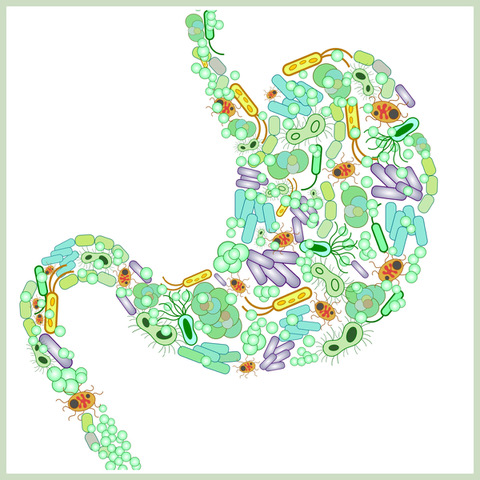The Microbiome Explained

Microbes are tiny living things that are found all around us and are too small to be seen by the naked eye. The human body is home to millions of these microbes, also called microorganisms. The bacteria and other microbes in your gut help you digest food and may support immune, heart, and brain health, among other benefits.
- Your body is full of trillions of bacteria, viruses, and fungi. They are collectively known as the microbiome.
- While some bacteria are associated with disease, others are extremely important for your immune system, heart, weight, and many other aspects of health.
- Bacteria, viruses, fungi and other microscopic living things are referred to as microorganisms, or microbes, for short. Trillions of these microbes exist mainly inside your intestines and on your skin.
- Most of the microbes in your intestines are found in a “pocket” of your large intestine called the cecum, and they are referred to as the gut microbiome.
- Altogether, these microbes may weigh as much as 2–5 pounds (1–2 kg), which is roughly the weight of your brain. Together, they function as an extra organ in your body and play a huge role in your health.
- The gut microbiome affects the body from birth and throughout life by controlling the digestion of food, the immune system, the central nervous system, and other body processes.





